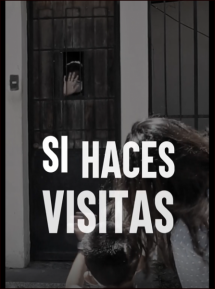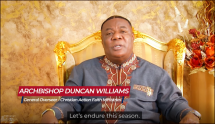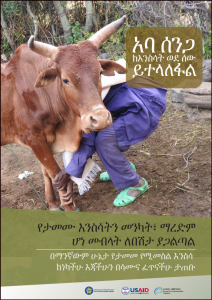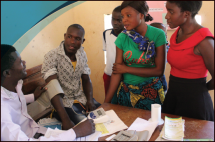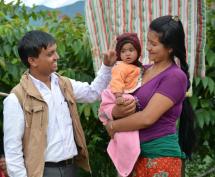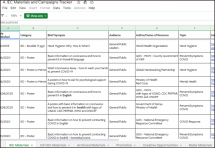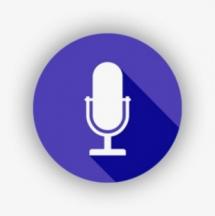COVID-19 Instagram Posts: Si Toca Salir, Toca Cuidarse: If You are Visiting Family or Friends
The Breakthrough ACTION Guatemala COVID-19 Prevention Campaign developed a set of four Instagram stories to raise awareness that COVID-19 threat continues in Guatemala.
The Breakthrough ACTION Guatemala COVID-19 Prevention Campaign developed a set of four Instagram Stories to raise awareness that COVID-19 threat continues in Guatemala. The Instagram Stories remind the population that it is the responsibility of the entire family to do key prevention behaviors (Wash your hands, Maintain physical distancing, and Wear a Mask) at critical moments of elevated risk to visit family or friends, go to work, or go do daily errands. The slogan of the campaign is “Si Toca Salir, Toca Cuidarse”. Each story was contextualized for the following locations: Guatemala, Nebaj, Solola, and Totonicapan.
This suite of Instagram Stories emphasized COVID-19 prevention when visiting family or friends.
Source: Breakthrough ACTION/Johns Hopkins Center for Communication Programs
Date of Publication: October 27, 2020
SIMILIAR RESOURCES
Tools
Examples
- COVID-19 Communication Materials for the Americas
- People Are Going off PrEP in the COVID-19 Era Because They’re Not Having Sex
- Coronavirus: Why are Women Paying a Heavier Price?
- Coronavirus: Here's How You can Stop Bad Information from Going Viral
- Coronavirus in Sub-Saharan Africa How Africans in 12 Nations are Responding to the COVID-19 Outbreak
- 14 Actions You Can Take Today to Adapt your Program for COVID-19: Recommendations from FP/RH Advisors
- 14 Actions You Can Take to Adapt Your FP/RH Program for COVID-19
- Nigeria Centre for Disease Control COVID-19 Resource Center
- COVID-19 Testing Communications Toolkit
- Breaking Down COVID-19: The COVID-19 Living Textbook
- COVID-19 Instagram Posts: Si Toca Salir, Toca Cuidarse: If You are Going to Work
- COVID-19 Instagram Posts: Si Toca Salir, Toca Cuidarse - Family Responsibility
- COVID-19 Instagram Posts: Si Toca Salir, Toca Cuidarse - Going to do Errands
- COVID-19 Prevention Campaign: Radio Spots - Si Toca Salir, Toca Cuidarse
- COVID-19 Prevention Campaign: Facebook Page Posts

